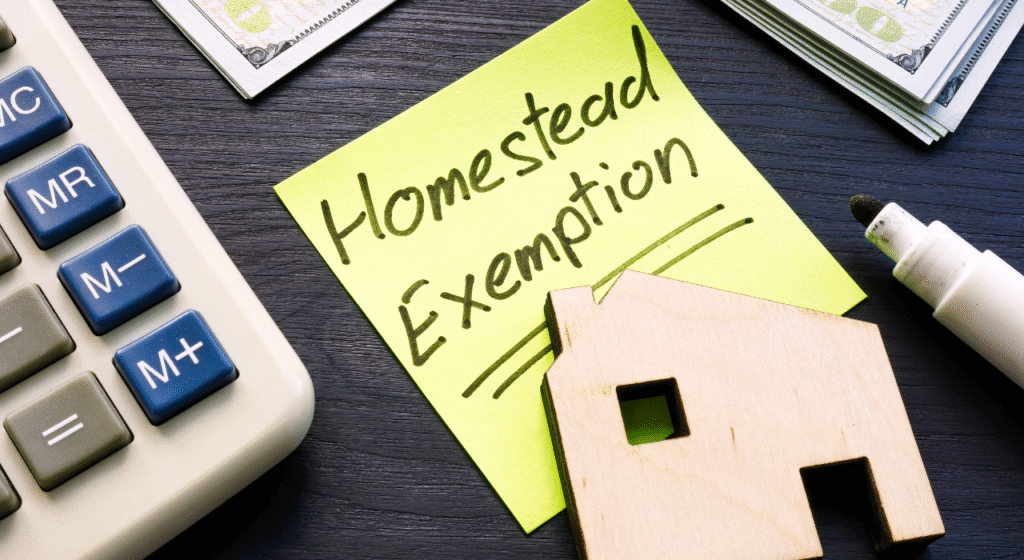
Florida’s Tax Advantage
Florida continues to attract buyers because it has no state income tax. This benefits working professionals and retirees alike, allowing them to keep more of their income.
The absence of estate and inheritance taxes also makes the state a popular destination for wealth planning and intergenerational transfers.
Still, property owners must pay annual real estate taxes based on assessed property value.
These taxes fund essential services like schools and infrastructure, and while rates vary by county, they remain moderate compared with many U.S. states.
How Property Taxes Work

County assessors determine property values annually, applying a millage rate—typically between 0.8 % and 1.1 % of assessed value. For example, a $400,000 home may incur roughly $3,200 to $4,400 in yearly taxes, depending on the county. When comparing locations like Miami-Dade, Orange, or Collier, buyers should analyze not just price per square foot but also local tax rates, HOA fees, and insurance costs, which together define true affordability.
Homestead Exemption: A Key Benefit for Residents
Florida homeowners who make their property a primary residence can reduce its taxable value by up to $50,000 through the Homestead Exemption. Beyond this reduction, the Save Our Homes cap limits annual increases in assessed value to 3 % or inflation, whichever is lower. This shields residents from tax spikes during rapid market appreciation.
However, this exemption applies only to U.S. citizens and permanent residents who live in Florida full-time. Foreign or seasonal owners cannot claim it, meaning their taxes are calculated on the property’s full assessed value.
Foreign Buyers: Taxes and FIRPTA

Florida remains a global hotspot, drawing buyers from Brazil, Canada, Venezuela, and Europe. Foreign investors can purchase property freely, but several tax nuances apply:
- No Homestead Exemption – International owners pay property taxes on the full assessed value.
- FIRPTA Withholding – When selling, 15 % of the sale price is withheld and sent to the IRS to cover possible capital-gains taxes. Refunds or adjustments occur later upon filing.
- Federal Estate Tax – While Florida has no inheritance tax, U.S. federal law taxes non-resident estates above $60,000 in U.S. assets. Proper estate planning is essential for high-value properties.
These rules make it critical for international investors to consult cross-border tax and legal professionals before buying or selling.
Retirees and Relocating Families
For retirees, Florida’s zero state income tax and property-tax caps provide financial stability in later years. Predictable housing expenses help preserve retirement savings.
Families relocating for work enjoy similar benefits but should compare total housing costs, since coastal or luxury areas can carry higher property taxes even without an income-tax burden. Working with an experienced realtor ensures that location, lifestyle, and long-term tax implications align.
Rising Property Values and Future Costs

Florida’s market appreciation—driven by corporate moves, tourism, and migration—naturally increases assessed values and tax bills. The Homestead cap protects residents, but investors and non-residents must plan for gradual increases.
For rental or investment properties, appreciation adds to equity but can affect cash-flow projections. Smart investors account for taxes, insurance, and maintenance when calculating net returns.
Tax Planning Strategies
Effective tax management starts with proactive planning:
- Hire a tax advisor specializing in U.S. real estate and foreign ownership.
- Structure ownership — LLCs or trusts can offer liability protection and potential tax benefits.
- Evaluate timing — Purchasing early in the year may influence exemption eligibility and assessment cycles.
- Compare counties — Choosing areas with lower millage rates can yield lasting savings.
- Understand new-build assessments — First-year taxes often cover only land value, then rise once the structure is complete.
Strategic planning minimizes surprises and maximizes long-term profitability.
Why Choose Seven Realty
Navigating Florida’s tax landscape can feel complex, especially for international or first-time buyers. Seven Realty stands out for its commitment to transparency and education, guiding clients through every tax and ownership detail before purchase.
The team collaborates with trusted tax advisors and attorneys, ensuring clients fully understand their financial obligations. Whether you’re relocating, retiring, or investing from abroad, Seven Realty offers clarity, confidence, and expert support for a smooth transaction.
Conclusion
Florida’s real estate opportunity extends far beyond lifestyle appeal. Understanding how taxes shape affordability and returns empowers buyers to make informed decisions.
For residents, exemptions and stable policies bring predictability. For investors, strategic planning and expert guidance turn complexity into advantage. IFlorida continues to prove that owning property here isn’t just about sunshine—it’s about building wealth wisely.
FAQ
How are property taxes calculated in Florida?
County assessors determine a home’s market value each year and apply a millage rate—typically 0.8 % to 1.1 %—to fund local services.
Can foreign buyers qualify for the Homestead Exemption?
No. Only U.S. citizens or permanent residents who make the property their primary Florida home can receive this benefit.
What is FIRPTA and how does it affect international sellers?
FIRPTA requires 15 % of a property’s sale price to be withheld for potential U.S. capital-gains taxes, later reconciled when the seller files federal tax returns.


